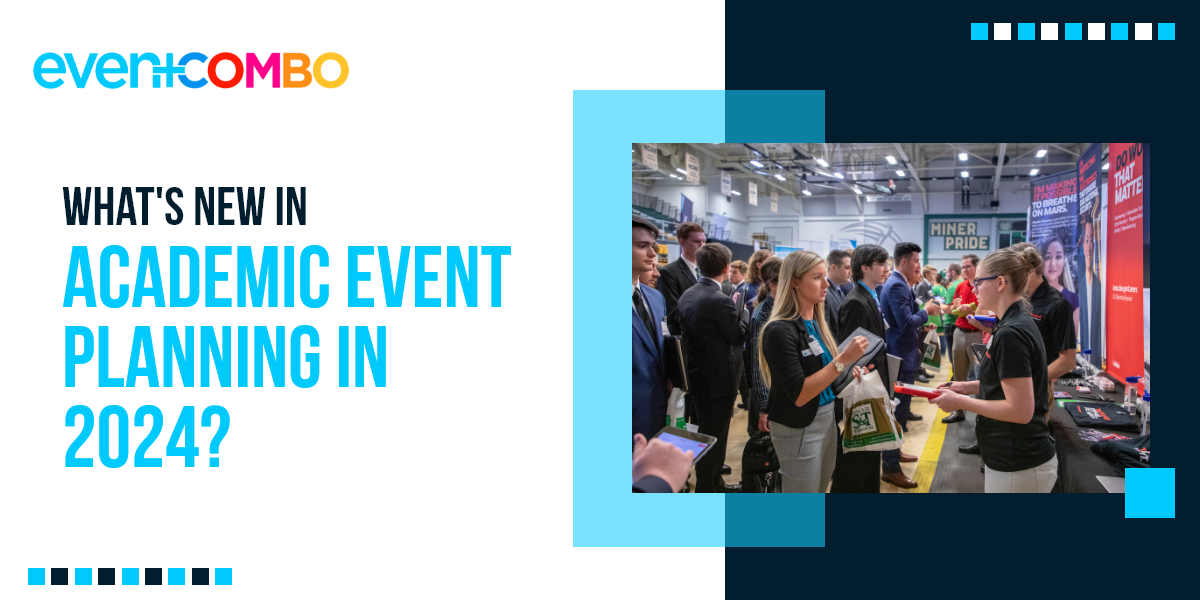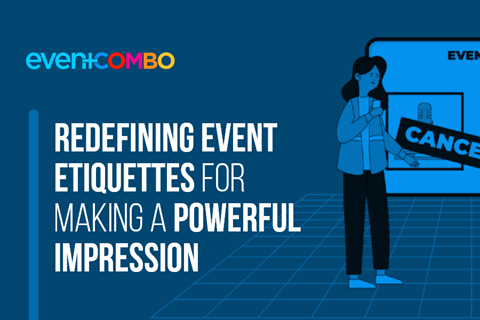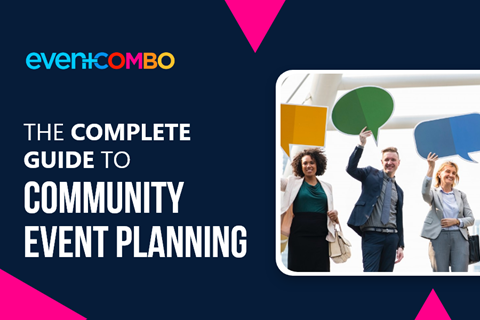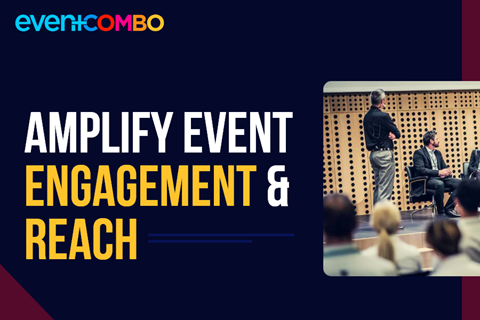Top 5 Trends Shaping the Future of Higher Education Events
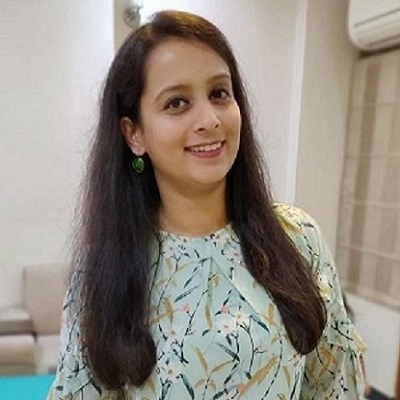
Mar 14, 2024 Shruti Shah
The landscape of higher education events has undergone a profound transformation, evolving into dynamic hubs where educators, students, and professionals converge to explore the latest trends and innovations shaping the future of education. In this fast-paced digital era, technology has become a driving force, breaking down geographical barriers and fostering global connectivity. As we delve into the newest trends shaping higher education events, it becomes evident that the integration of artificial intelligence (AI) and immersive event technologies is revolutionizing how attendees' network, learn, and collaborate.
The Importance of Staying Current with Higher Education Event Trends
Higher education events have evolved beyond the confines of traditional seminars and workshops. Keeping abreast of the latest trends in these events is crucial for event planners aiming to offer a diverse range of experiences and deliver impactful outcomes. Clients in the higher education sector rely on planners to understand their target audience's desires and expectations, and it requires planners to craft events that not only meet but surpass these expectations.
This underscores the importance of a continuous process of researching and analyzing industry trends. As most event planners have initiated a perpetual cycle of industry trend analysis, maintaining competitiveness becomes paramount. Agility is essential, necessitating the embracement of new technologies, innovative formats, and the evolving preferences of attendees that characterize the dynamic landscape of higher education events.
The evolution of technology has revolutionized the planning and experience of higher education events, and this transformation presents fresh opportunities for expanding audience reach, reducing costs, and enhancing accessibility.
To enhance your event planning prowess, let's delve into seven prominent trends shaping the landscape of higher education events in 2024.
1. Remote and Hybrid Learning Modalities
The COVID-19 pandemic has accelerated the widespread adoption of remote learning modalities across the education sector. While many institutions have transitioned back to in-person models, the demand for flexible learning options remains strong. As a result, higher education events are embracing remote and hybrid formats to accommodate diverse learner preferences. Institutions are investing in event management software that can seamlessly balance virtual event platforms, streaming technologies, and interactive tools for all formats - remote, in-person, or hybrid - from a single login. This enables them to deliver engaging experiences to both on-campus and remote participants equally. A unified platform, which also offers features like white labeling and AI matchmaking, has become a top choice among event planners. This ensures a streamlined experience without overwhelming attendees with unnecessary technology.
2. Industry Partnerships and Career Readiness
In today's fiercely competitive job market, students are actively pursuing educational experiences that enhance their employability and career prospects. Higher education events are evolving beyond traditional agendas, placing greater emphasis on establishing partnerships with industry stakeholders to provide workshops, internships, and networking opportunities. Career fairs, employer panels, and skill-building sessions are integral components of these events, equipping students with practical skills and industry insights essential for success. Networking is increasingly recognized as paramount in the real world and thus, event planners are increasingly centered around facilitating these connections.
3. Data-Driven Decision Making
Data analytics and predictive modeling are revolutionizing the planning and execution of higher education events. By harnessing student data, demographic trends, and attendance patterns, organizers can optimize event logistics and tailor content offerings to better suit attendees. Advanced analytics tools allow institutions to track engagement metrics, measure ROI, and refine event strategies in real time, ensuring continuous improvement and strategic alignment with institutional goals. Event organizers are increasingly seeking technology solutions that intelligently collect data, providing analytic capabilities to enhance the overall experience, while the hosts can then deliver valuable content and offer value-added benefits to participants based on these insights.
4. Inclusive Practices and Accessibility
Accessibility and inclusivity stand as foundational pillars of higher education events in 2024 and beyond. Institutions are placing a strong emphasis on incorporating accessibility features such as captioning, sign language interpretation, and assistive technologies to ensure the participation of individuals with disabilities. Additionally, event organizers are actively promoting diversity and representation in speaker lineups, panel discussions, and program content to foster inclusive environments where all attendees feel valued and empowered to engage fully.
A comprehensive focus on DEI isn't merely about token gestures; it's about fundamentally reshaping the event landscape to ensure that everyone, regardless of background or circumstance, has equal opportunities to participate fully. This concerted effort isn't limited to those already within reach; it extends to those facing barriers, particularly in accessing traditional in-person events.
Furthermore, higher education events play a vital role in bolstering campus counseling centers and promoting overall health and wellness initiatives. By integrating breaks or additional sessions into the event schedule, attendees are provided with opportunities to unwind and engage in informal interactions. These moments not only facilitate discussions about challenges individuals may be facing but also offer support and resources, thereby promoting mental health and well-being. Additionally, events serve as invaluable platforms for cultivating social networks, fostering connections, and nurturing a sense of community among attendees.
5. Sustainable Event Management
In higher education events, the integration of ESG (Environmental, Social, and Governance) initiatives has emerged as a key trend, driving sustainability efforts and fostering responsible practices. There is now a heightened focus on reducing carbon emissions, minimizing waste, and promoting sustainable sourcing, all aimed at demonstrating a commitment to environmental stewardship.
Event planners are increasingly emphasizing social initiatives and prioritizing accountability, transparency, and ethical practices in event management. Clients are receptive to these efforts, and there is a growing demand for transparent reporting on sustainability efforts and stakeholder engagement. This trend is reflecting a growing recognition of the importance of driving positive change within the academic community and beyond.
The trends shaping higher education events in 2024 reflect a dynamic landscape where institutions must adapt to meet the evolving needs of students, stakeholders, and society at large. By embracing these trends and leveraging innovative strategies, educational institutions can create immersive, accessible, and impactful experiences that brace students and learners for success in the future.
Plan your next Higher Education event with Eventcombo.
close
